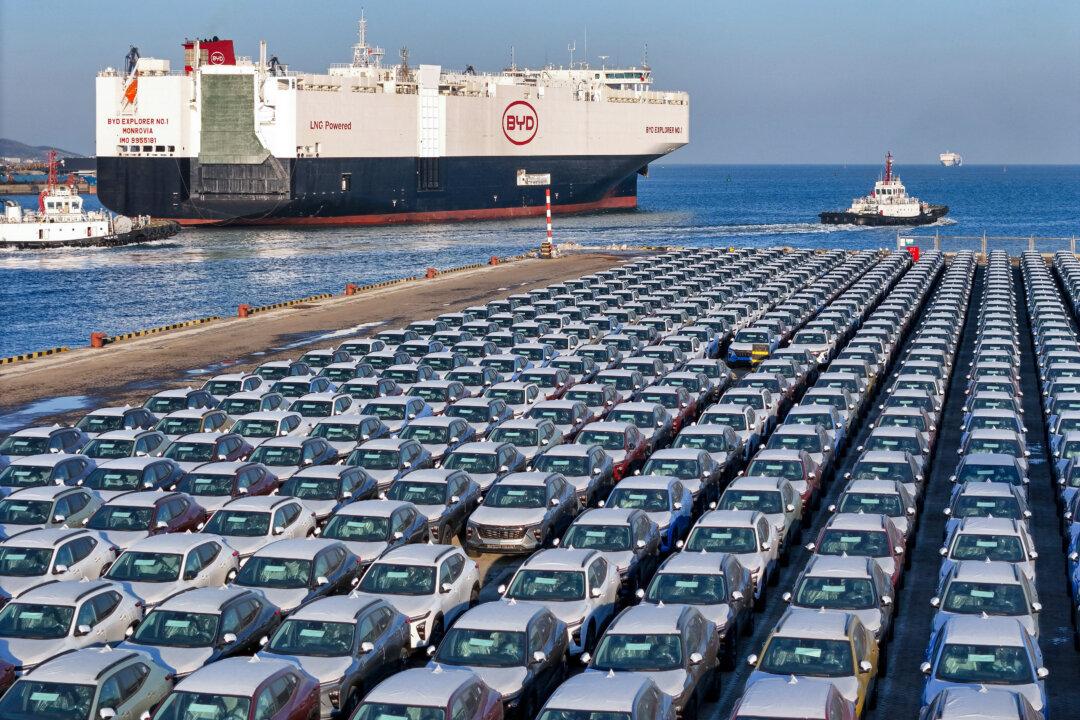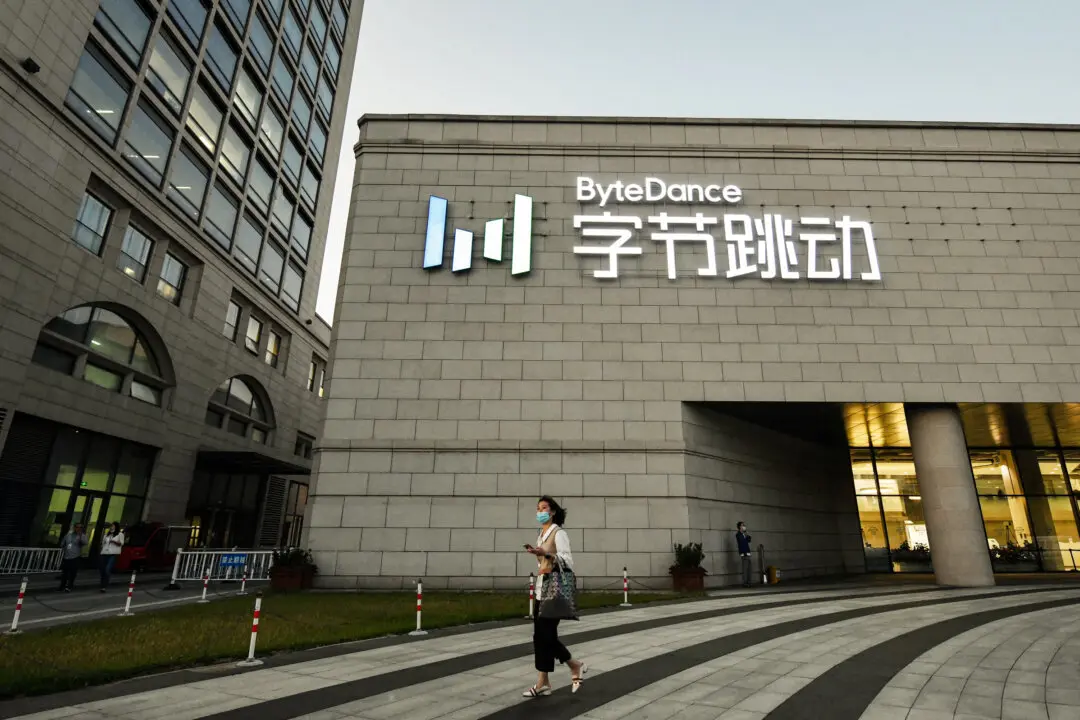Chinese automaker BYD in April sold more battery electric vehicles (EVs) in Europe than Tesla for the first time, according to an automobile market research firm. Experts warn that this is the result of the Chinese regime’s ongoing dumping practices in world markets.
BYD registered 7,231 new battery EVs in April, which is a 169 percent year-on-year increase, according to a report released by UK-based JATO Dynamics on May 22. The Chinese automaker made it to the top 10 brands in battery EV sales in Europe in April. Meanwhile, registrations for Tesla’s battery EVs declined by 49 percent, with 7,165 units sold, dropping one spot in the ranking.




